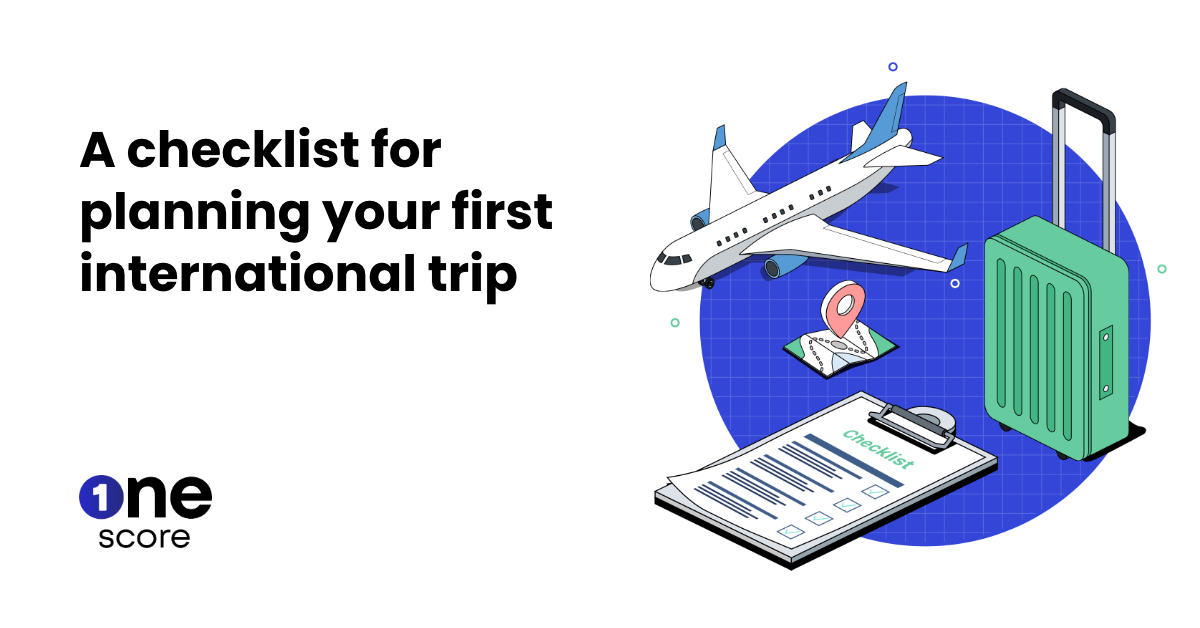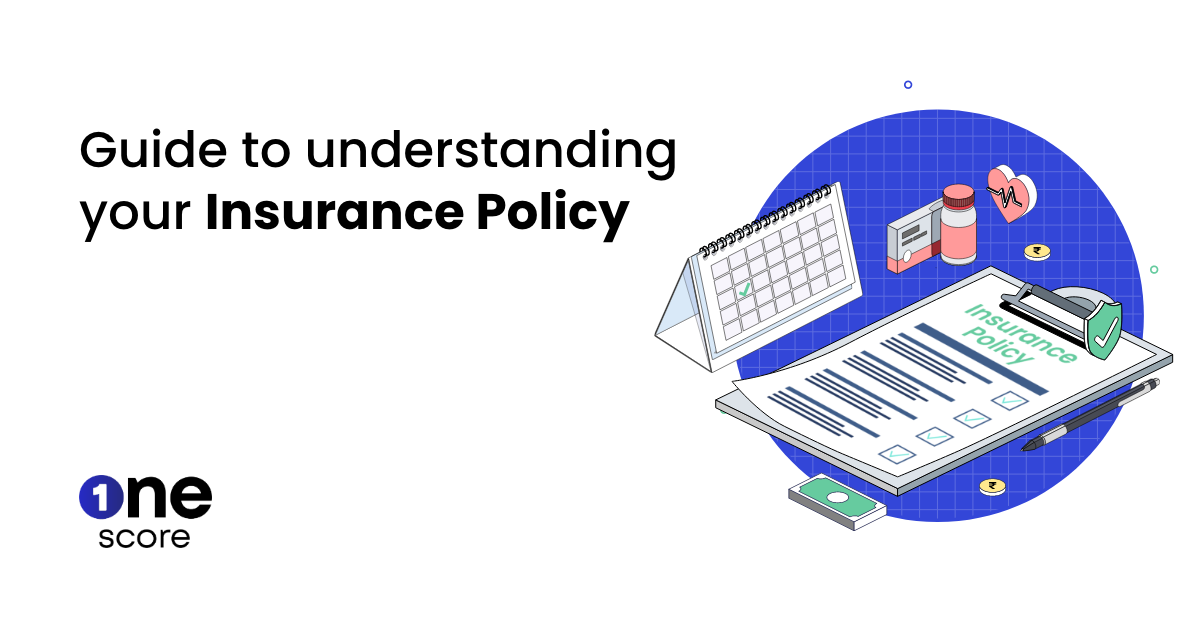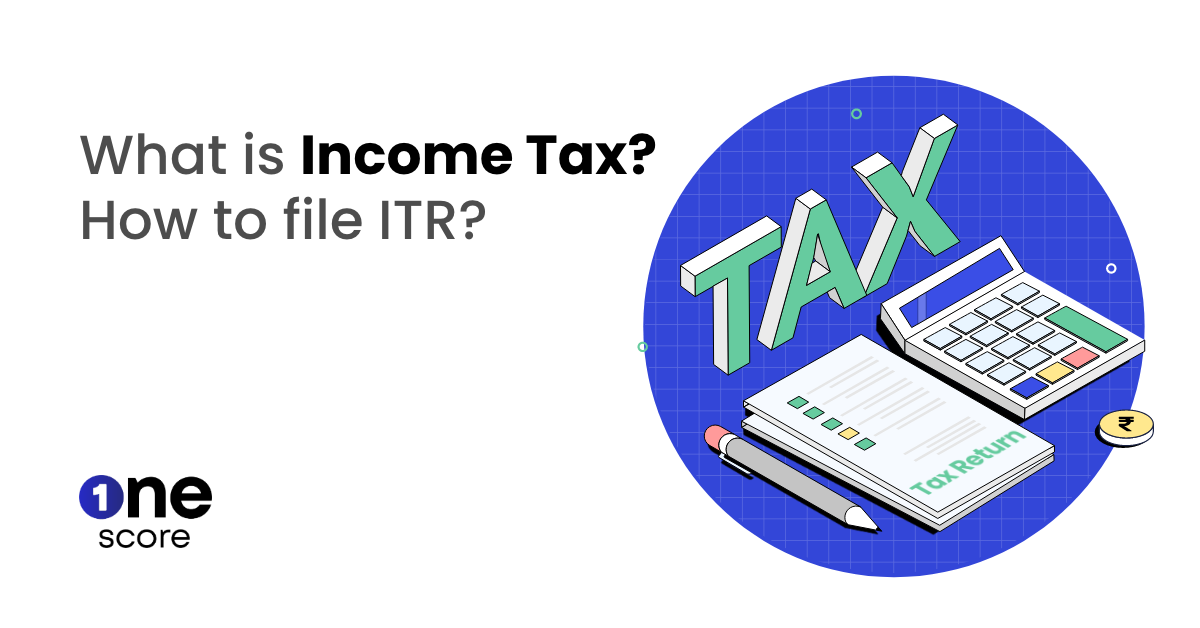A Checklist for Planning Your First International Trip

No matter how well-travelled you are in your home country, travelling abroad comes with a long checklist. Whether you are a fresh graduate, a newlywed couple, or a family looking to travel, a trip abroad involves a series of preparations that must start months in advance. From deciding the dream destination that fits in your budget, looking out for weather conditions, and obtaining visas to figuring out forex, the list goes on.
So, before you start thinking about baggage and flights, take a moment to review this comprehensive guide.
Key Factors to Consider While Choosing the Destination
Start by understanding your interests and the purpose of your travel. Ask yourself what excites you or if there is a specific place you have always found fascinating, be it the Pyramids of Giza or the Eiffel Tower. Here are a few important factors to consider.
1. Trip Scheduling, Duration, and Weather
One of the first factors to consider while planning an international trip is the scheduling and duration. The time of year you visit a certain place will have a big say in your experience. Not to mention the weather conditions of your dream destination – New York during December is a winter wonderland – but may not be ideal for someone with a low tolerance for the cold. Determine the time of your year you can plan this international trip, and then shortlist the locations which are ideal to visit that time of year.
2. Connectivity
You should always consider efficiency in transportation options within the city and to/from the airport. Prioritising connectivity on your first international trip will help you save time and money. If you’re planning a backpacking trip through Europe, it might be worth looking up details about the Eurorail pass to make your transportation much easier.
3. Currency Exchange
Staying informed about the currency exchange rate is important for budgeting. Your overall budget will depend heavily on conversion rates against the Rupee. Places like Vietnam and Sri Lanka will increase your purchasing power, whereas a trip to the UK might put a bigger hole in your pocket due to the Pound Sterling’s higher exchange rates. In times like these, using a credit card with a low or zero Forex fee might come in handy and offer convenience instead of carrying foreign currency cash.
4. Safety and Security
When travelling overseas, it is pivotal to look out for local rules, regulations, and safety measures beforehand. Stay updated with local authorities’ contact details, keep local cab numbers handy, and ensure you follow the local laws and civil rules while exploring the city, especially at night. Be vigilant about financial frauds as well – avoid using ATM cards in poorly lit areas that might be prone to skimming devices. Using a credit card is a safer bet in these situations.
5. Culture
One of the biggest features of international trips is the opportunity to embrace new cultures. Select a destination that allows you to immerse in the cultural experience. Engage with locals and indulge in their delicacies to make the most of your trip.

How to Plan Your Budget?
International trips are likely to put a dent in your finances if you have not planned it well in advance. It is important to create a meticulous budget before you start planning your trip. This is how you can go about it:
1. Fix a Budget
Finalise the exact budget amount of your trip by considering all costs like accommodation, flight, travel, food, insurance, and other miscellaneous expenses. Factor in all anticipated costs and expenses on the trip so you don’t have to deal with rate hikes and cash crunch later.
2. Personal Loans
If you are short on funds but excited to explore the world, consider taking a personal loan on your credit card. Your credit score plays an important role in loan approvals, so ensure you actively monitor your credit score with OneScore to keep it on the higher side.
Also read: How to fix your credit score: A guide
3. Book Flights and Accommodations in Advance
Monitoring and checking flights and accommodations way in advance helps reduce your budget. For additional budget benefits, watch for the best deals on SkyScanner, Kayak, and other travel platforms through your credit card.
4. Research For Free or Low-Cost Attractions
Many destinations offer free or low-cost sightseeing attractions like museums, parks, exhibitions, etc. Compile a list of these budget-friendly activities and consider group offers that can make your trip more affordable.
5. Break Down Expenses
Break down expenses into several categories like transportation, activities, meals, etc. This will help you allocate your budget correctly and help stay within your means. After the trip, you can view the payment history on the OneScore app to avoid delayed payments, which can help you maintain a good credit history.
Also read: Securing Small Personal Loans: A Step-by-Step Guide
Setting off for your first international trip will be exhilarating, but with this detailed guide, you can confidently plan the itinerary. Prioritise memorable experiences over ticking off every place on your bucket list during the trip. Mark your calendars, pack your bags, and get set for your dream international trip.
**Disclaimer: The information provided on this webpage does not, and is not intended to, constitute any kind of advice; instead, all the information available here is for general informational purposes only. FPL Consumer Services Private Limited and the author shall not be responsible for any direct/indirect/damages/loss incurred by the reader in making any decision based on the contents and information. Please consult your advisor before making any decision.



Health Insurance Glossary: Terms and conditions you must know of



- OneScore , March 20, 2024

